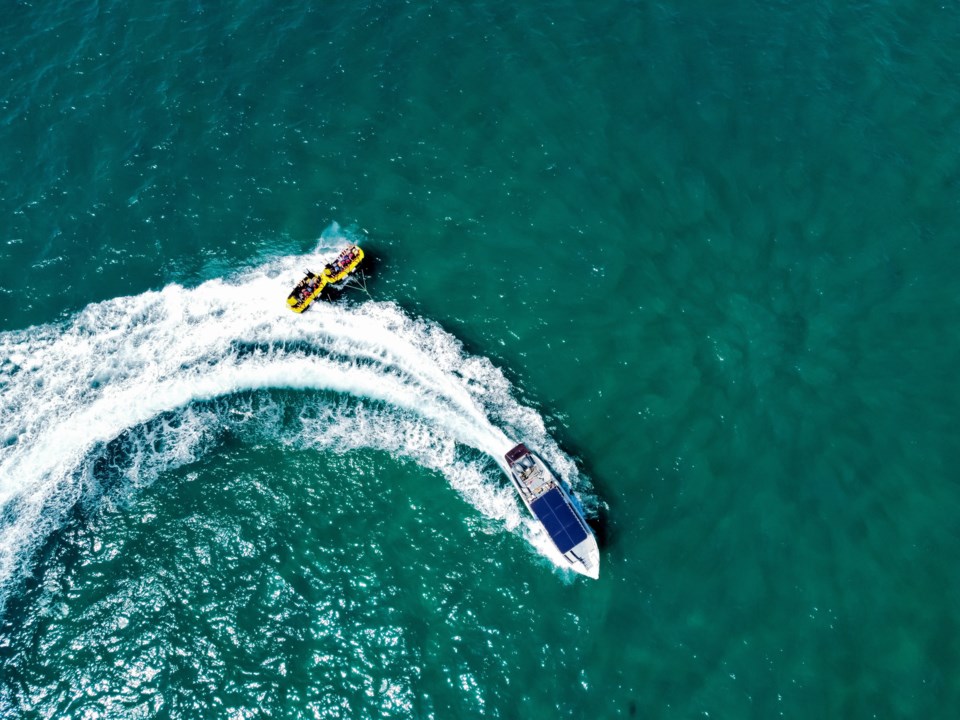BarrieToday welcomes letters to the editor at [email protected]. Please include your full name, daytime phone number and address (for verification of authorship, not publication). The following is in response to 'LETTER: Ex-lifeguard tired of 'cavalier attitude' on the water, published Sept. 11, and 'LETTER: Should PFDs be compulsory on our waterways?,' published Sept. 16.
*************************
It has been opined that a regulatory change to make personal flotation device (PFD) use mandatory would be government intrusion and overreach. This is a reasonable discussion point.
Yes, people should have some freedom to decide for themselves. But, I doubt that anyone who drowns from a watercraft left shore thinking that they would. Quoted statistics suggest that a relatively small portion of drownings are the result of boaters not wearing PFDs. However, when compared to the other quoted causes of drownings, people who drown far from shore, and perhaps at night, result is a comparatively very high search and recovery cost to the public, and risk to rescuers. A person overboard and floating with a PFD is usually much more easy to find and rescue than the effort to search for and recover a drowning victim.
If a person chooses to not wear a PFD, when it is generally agreed doing so is a life-saving benefit, it may impose a large cost and risk for their recovery should they drown. The government also has the duty to citizens to enact regulations, which, when obeyed, greatly reduce the cost to the public. Small vessel occupants and snowmobilers could much more assure their personal survival and reduce the cost to the public if they were to wear a PFD. When I unexpectedly entered the water, and was injured while doing so, the PFD I was already wearing made the life-or-death difference.
Our society requires seatbelt and/or helmet use, in the respective driving situations, to reduce injury and the burden on the medical system. It is reasonable to consider regulatory requirements to minimize the search and rescue cost, and risk to emergency services personnel, by requiring PFD use for small craft operating on the water — liquid or frozen.
Seatbelt use, helmet wearing, and PFD wearing should not need to be regulated. They should be common sense in certain circumstances, for each person’s well-being, and respect for their loved ones. But, it seems that sometimes common sense may not be quite enough to have people consider the actual risks.
Jim Watson
Brechin
*************************



